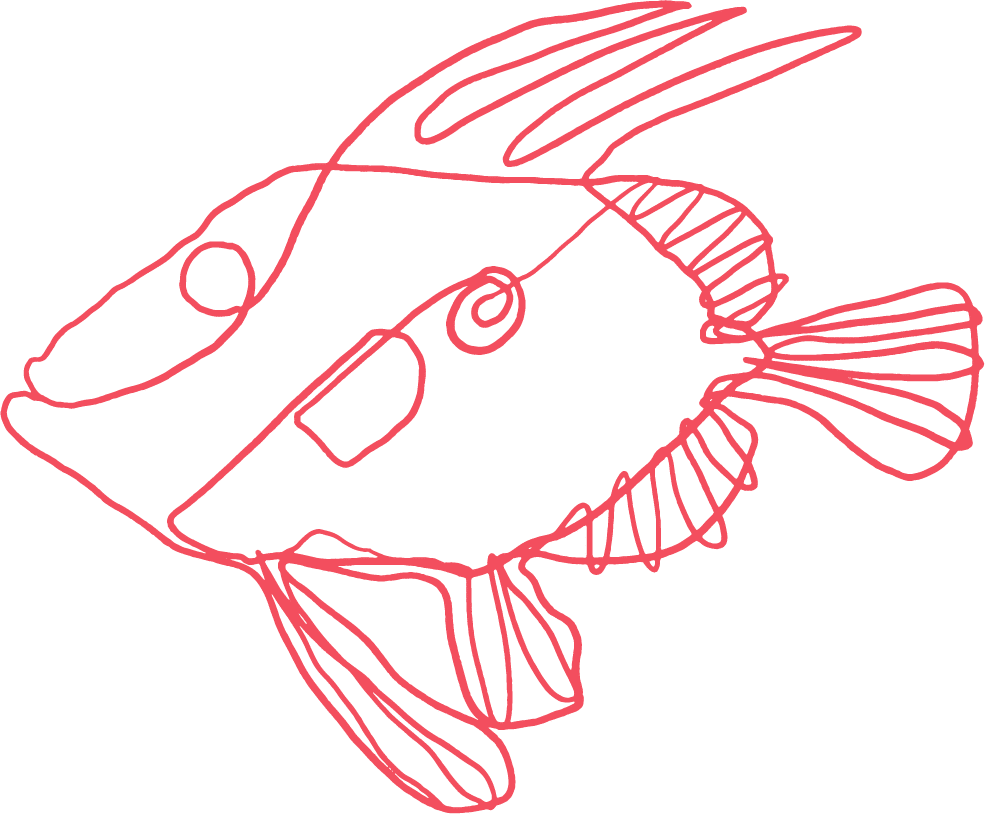![]()

![]()

European Conger
The Conger Eel is a formidable, scaleless fish with a long, muscular body that can reach up to 3 meters in length and weigh over 100 kilograms. Its colouration ranges from grey-blue to grey-black, with a paler belly. Unlike the common eel, the conger’s upper and lower jaws are of equal length, and it features a continuous fin running along most of its body.
Conger eels inhabit the northeast Atlantic, including the Mediterranean Sea, and are commonly found around the coasts of the UK, particularly in Cornish waters. They prefer rocky substrates, wrecks, and reefs, often residing in crevices or holes during the day and emerging at night to hunt. Juveniles are typically found in shallower coastal areas, while adults migrate to deeper waters.
Sustainability Rating

Status: Conger eels have very low resilience to fishing pressure, as they are semelparous—spawning only once before dying. Most individuals caught are juveniles that haven't had the chance to reproduce.

Best Choice: Currently, there is no recommended sustainable source for conger eel.

Avoid: All conger eel fisheries, regardless of catch method, due to the species' vulnerability and lack of effective management.
Culinary Uses

While conger eel has been consumed in various cuisines, including Japanese and European dishes, it is rarely eaten in the UK today.

The flesh is firm and meaty, suitable for stews, soups, and grilling. However, due to sustainability concerns, it's advisable to choose alternative species.
Best Fishing Practices

Conger eels are often caught incidentally in crab pots, longlines, and by recreational anglers.

There is no specific management for conger eel fisheries in the UK, and they are not actively targeted commercially in regions like Cornwall.

Given their life history and current stock status, it's recommended to avoid targeting this species altogether.
Seasonality

Conger eels are present in UK waters year-round, but peak fishing seasons vary by region.

In some areas, such as the Mediterranean, the peak season is during summer and autumn, while in others, like the North Sea, it's in winter and spring.
Conservation Note
Due to their slow growth, late maturity, and single spawning event, conger eels are particularly susceptible to overfishing. With declining stocks and no effective management in place, it’s crucial to avoid consuming this species to support marine biodiversity and ecosystem health.
Book now
Join us at Faber Restaurant to explore our menu. Book a table today using the form below or call us on 0208 161 9800 if you have any special requirements.
Faber’s Private Hire Oyster Bar adds a unique and luxurious touch to weddings, private parties, and corporate events.
Read moreFaber’s Private Hire Oyster Bar adds a unique and luxurious touch to weddings, private parties, and corporate events.
Read moreFaber is the perfect venue for group dining, drinks and our tasting menu. Catering for large parties and corporate occasions and dining with our tasting menu options.
Read more
